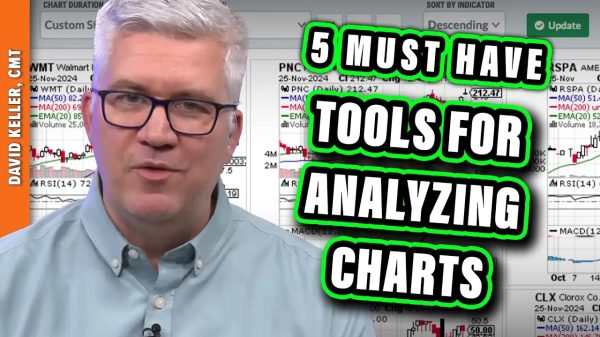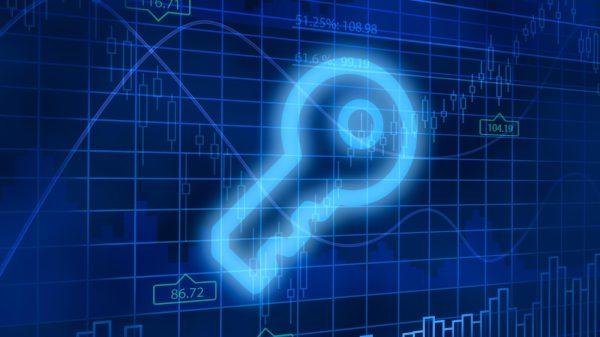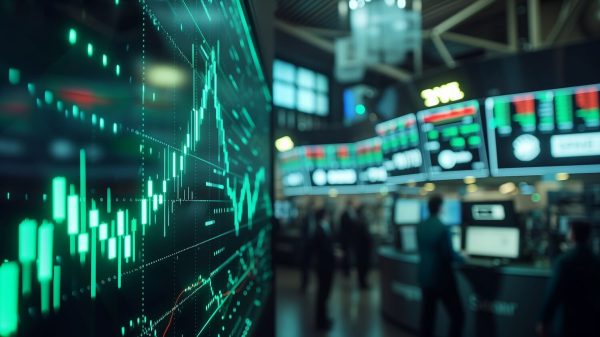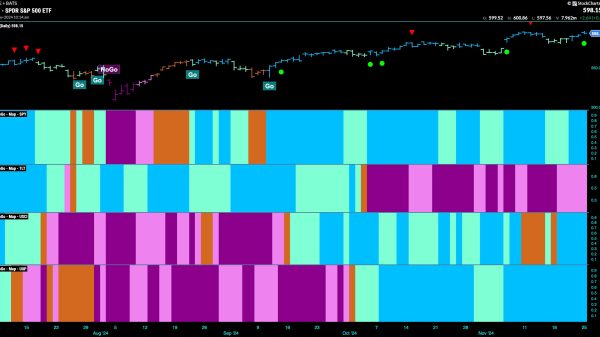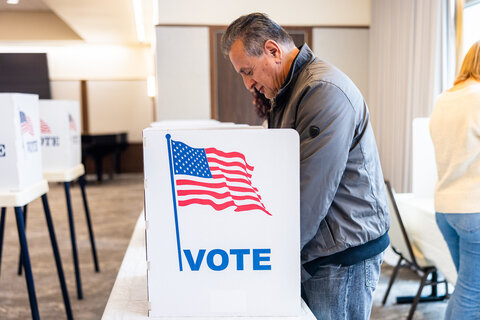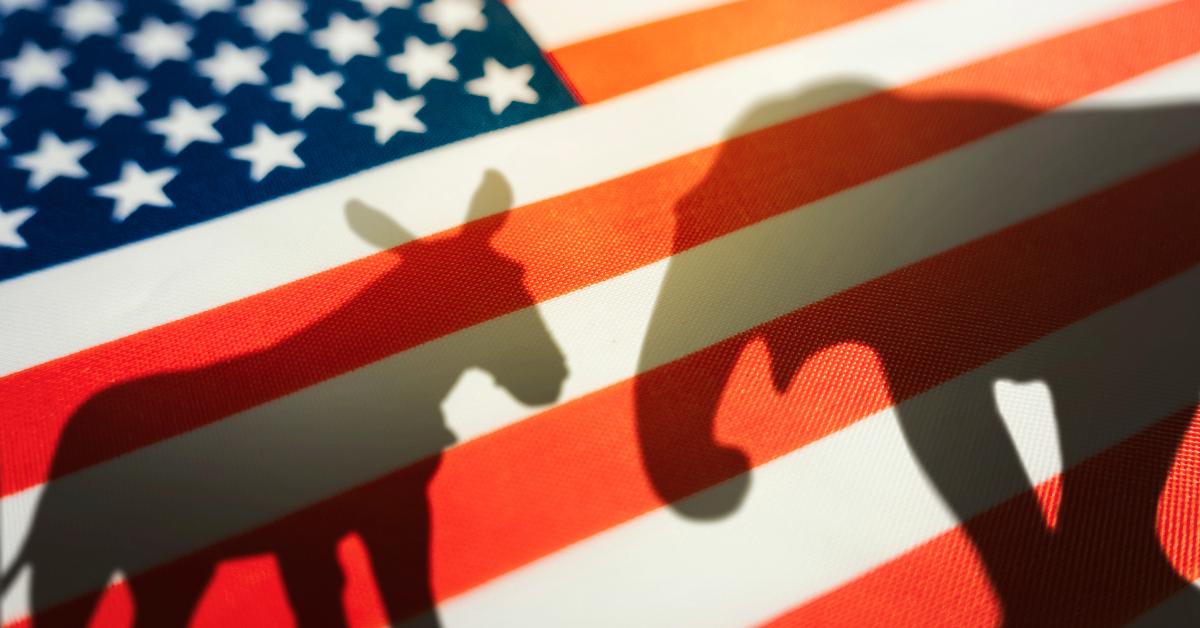Paul Krugman can’t figure out why everybody is so bummed about the economy. From his perspective, we should all be jumping for joy, praising Joe Biden, and publicly signing fifty-year commitments to vote Democrat. Official statistics show that “unemployment is still near a 50-year low, yet inflation has been falling fast.” But the ignorant masses simply won’t get with the picture. Krugman admits “surveys of consumer sentiment and political polls continue to show that Americans have a very negative view of the Biden economy.”
He concludes that it is partisanship and media bias driving a wedge between consumer sentiment and economic reality. He found a study that shows that 30 percent of the disparity can be explained by Republicans who are doing fine economically but are just mad that Biden is stumbling and mumbling around the White House.
Krugman Is Wrong
I think Krugman is mailing (faxing?) this one in. I’m not convinced that consumer sentiment is just now being disproportionately affected by angry Republicans, especially considering all the dramatic economic changes that have shaken consumers over the past few years.
The measure Krugman is looking at is the University of Michigan Index of Consumer Sentiment.
Figure 1: University of Michigan: Consumer sentiment index
newman1.png
Source: “University of Michigan: Consumer Sentiment (UMCSENT),” FRED, Federal Reserve Bank of St. Louis, last updated October 1, 2023. Data from Surveys of Consumers, University of Michigan, last updated November 2023.
The index is based on survey responses to questions like “Would you say that you are better off or worse off financially than you were a year ago?,” “Do you think that during the next twelve months we’ll have good times financially, or bad times, or what?,” and “Do you think now is a good or bad time for people to buy major household items (like furniture and big appliances)?”
It’s Affordability, Not Partisanship
I looked at the trends in the answers to each of these questions and found that the last question is the one whose answer has worsened most significantly since the 2020 crisis.
Figure 2: Components of consumer sentiment index
Source: Data from Surveys of Consumers, University of Michigan, last updated November 2023. Author’s visualization of data.
The yellow line in the chart tracks the responses to the question of whether now is a good time to buy major household items. The red and purple lines track respondents’ view of the trajectory of the overall economy over the next twelve months and five years, respectively. The blue line shows the households’ evaluation of their financial situation compared to a year ago, and the green line shows their expectations of their financial situation one year from now. (Note that in this chart, higher values correspond to worse sentiment.)
This is a problem for Krugman’s thesis, because pessimism based on political partisanship would most likely be channeled through the survey questions about the trajectory of the economy as a whole, not the one about buying a refrigerator.
While all the components have worsened since 2019, you’ll notice that the largest swing has to do with affording furniture, appliances, and other major household items. Pre-2020, most respondents said that it was a good time to buy major household items, but post-2020, most are saying that it is a bad time.
Why Is It Harder to Afford Consumer Durables These Days?
Why would people say that? Well, prices for consumer durables and credit card rates have both increased dramatically since 2020.
Figure 3: Consumer Price Index (consumer durables) and credit card interest rates
newman3.png
Source: “Commercial Bank Interest Rate on Credit Card Plans, All Accounts (TERMCBCCALLNS)” and “Consumer Price Index for All Urban Consumers: Durables in U.S. City Average (CUSR0000SAD),” FRED, Federal Reserve Bank of St. Louis, last updated August 1, 2023, and October 1, 2023. CPI data from the Consumer Price Index, US Bureau of Labor Statistics, last updated October 1, 2023; interest rate data from Consumer Credit, Federal Reserve Statistical Release G.19 (Board of Governors of the Federal Reserve System).
Interest rates on credit cards have increased along with all other interest rates as the Fed has attempted to deal with unpopular price inflation. This goes to show that everything has a cost—you cannot print and spend your way through a crisis without consequences. It is a hallmark of Keynesian thinking (of which Krugman is a true believer) to think otherwise.
Commenting on this feature of Keynesian policy, Ludwig von Mises said, “We are destined to spend decades paying for the easy money orgy of a few years.”
Conclusion: Consumers Are Justifiably Concerned about the Future
Beyond consumer durables, however, there are plenty of reasons to be wary of the future. Consumer sentiment is much more complicated than which party is in the White House or even the unemployment rate plus price inflation.
Consumers have seen declining quality in both goods and services, long wait times for products, a smattering of bank failures, and volatile stock markets. Policy uncertainty from both the federal government and the Fed also affects consumer expectations. Consumers have run through their savings (which were nominally boosted by stimulus checks) and have added trillions of dollars in debt since 2020. Credit card delinquency rates have spiked up to 2007–8 levels.
This is a much more plausible explanation for why consumer sentiment overall doesn’t match Krugman’s “surreally good” sentiment. It’s Krugman’s partisanship, not consumers’, that explains the divergence of views.






